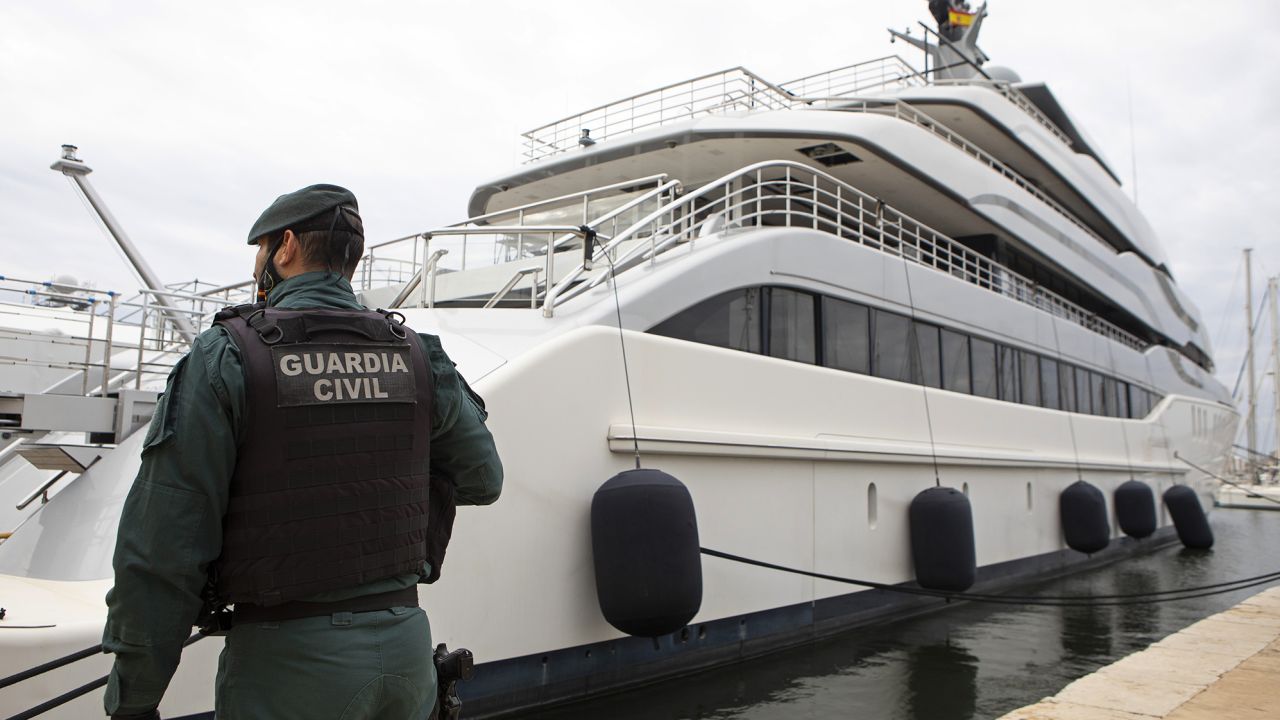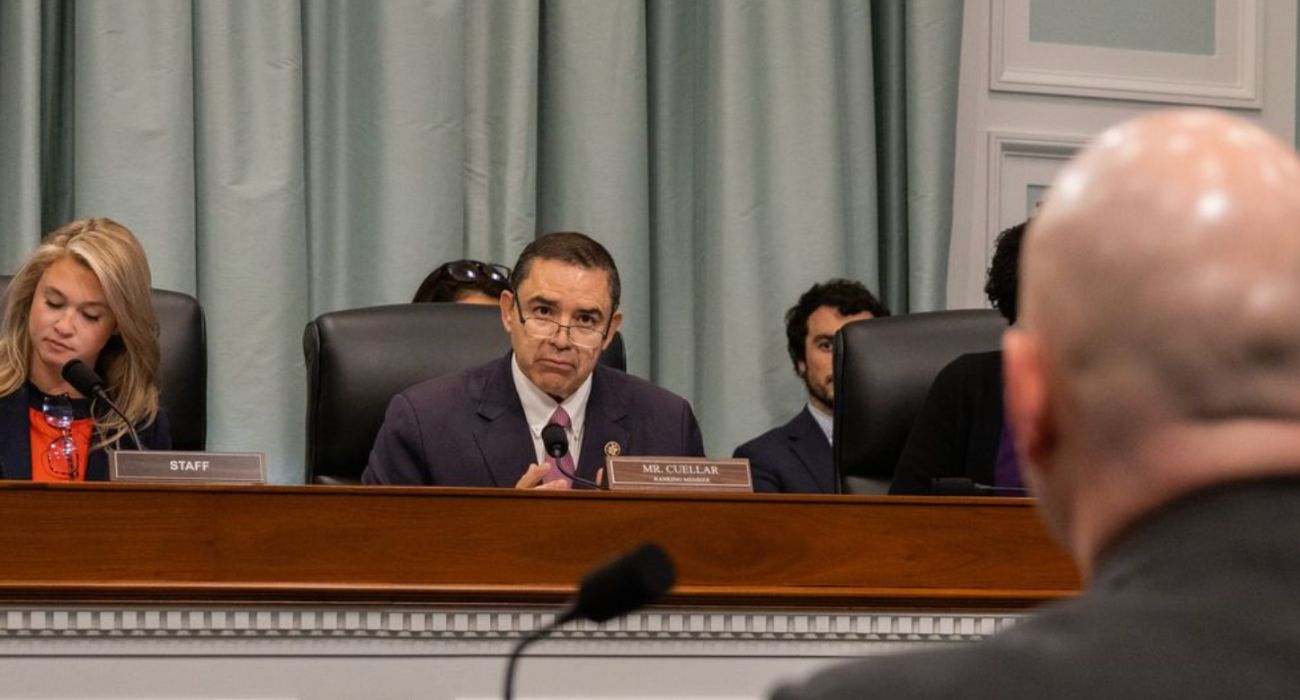On April 4, American and Spanish law enforcement agents seized a 250-foot Russian boat moored in Spain. The luxury yacht belonged to Russian magnate Viktor Vekselberg.
The Justice Department estimates the value of Vekselberg’s seized vessel at $90 million. Its seizure was the first by the U.S. in a round of new sanctions against Russian oligarchs.
According to Spencer Hsu of the Washington Post, these sanctions are designed to “punish the financial elite close to Russian President Vladimir Putin.”
Hailing from Ukraine, Vekselberg became wealthy in the wake of the collapse of the Soviet Union. By 2012, Viktor Vekselberg had amassed about $18 billion, which made him the richest man in Russia at the time.
Vekselberg was first hit with U.S. sanctions in 2018 after the U.S. government accused the Kremlin of poisoning former Russian spy and dissident Alex Navalny.
In the wake of the outbreak of hostilities in Ukraine, Vekselberg was again targeted in new U.S. sanctions issued on March 11. It is now illegal for U.S. companies to do business with Vekselberg or any of his various business entities.
Besides sanctions violations, Attorney General Merrick Garland has also accused Vekselberg of money laundering and fraud.
Along with Vekselberg, recent sanctions target over two dozen Russian politicians and businesspeople.
What happens to the seized property has not been clearly defined. However, Congress has recently introduced a bipartisan bill, the Yachts for Ukraine Act, that, if passed, would allow for the sale of the Russian assets, with the profits being used for humanitarian aid and reconstruction in Ukraine.






